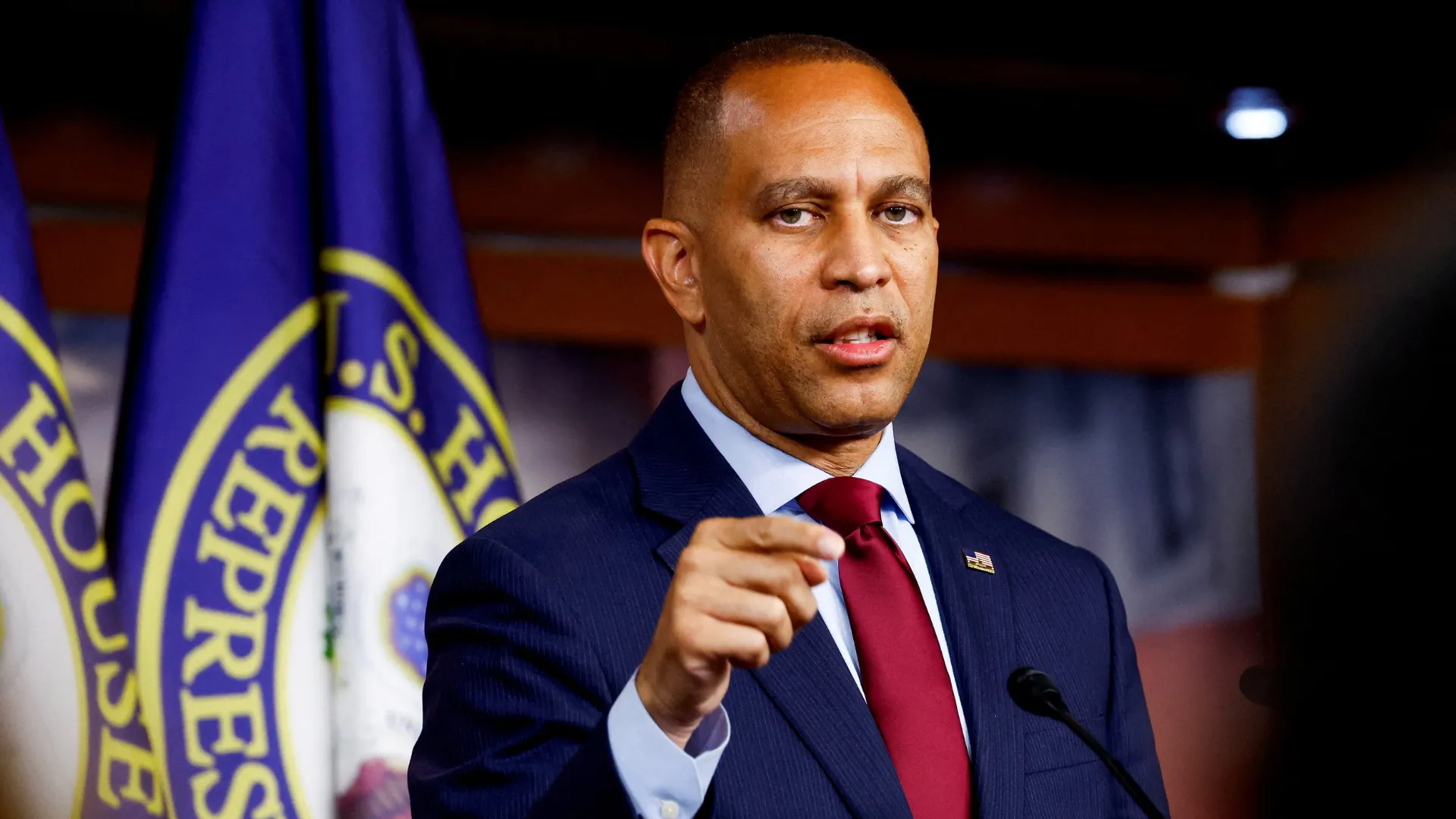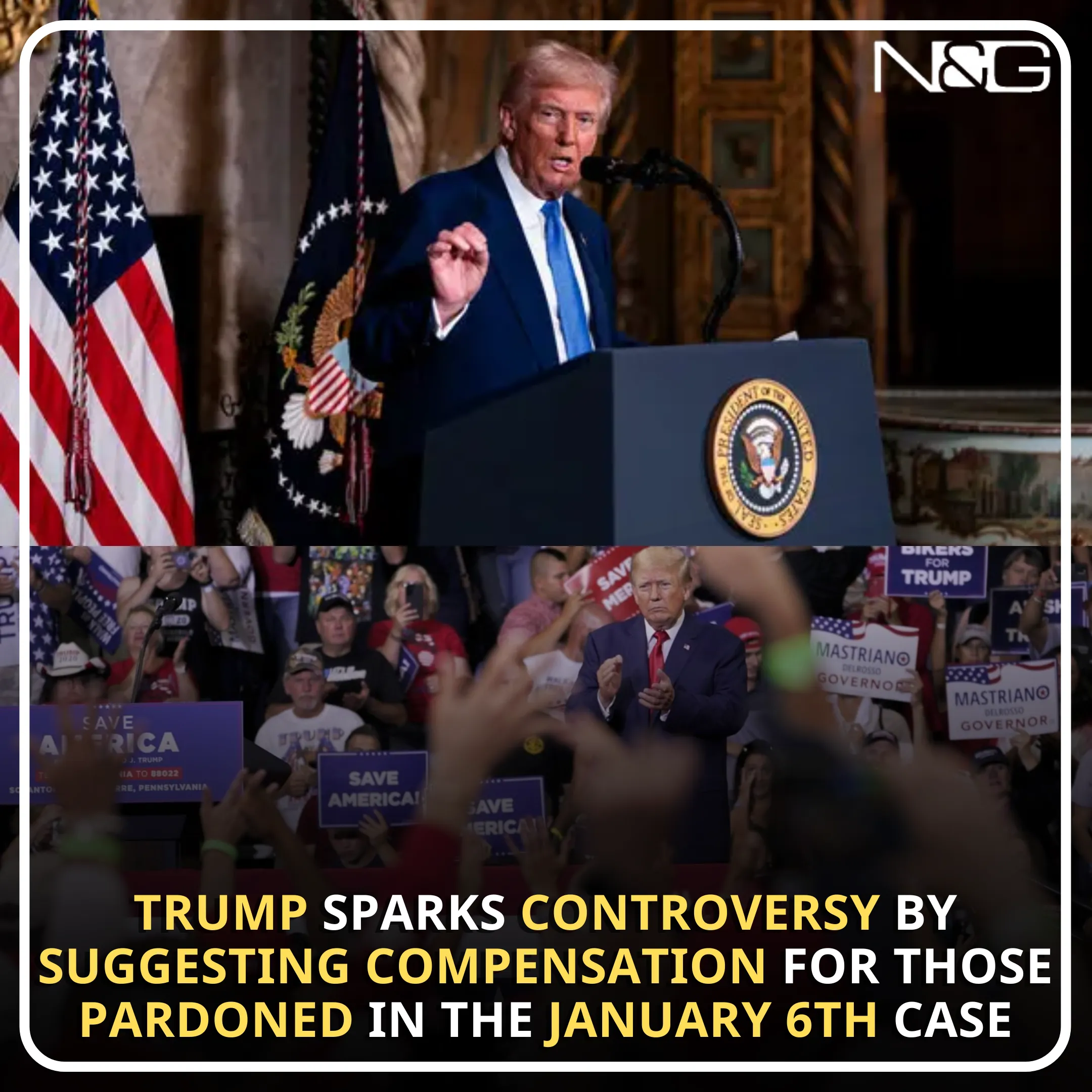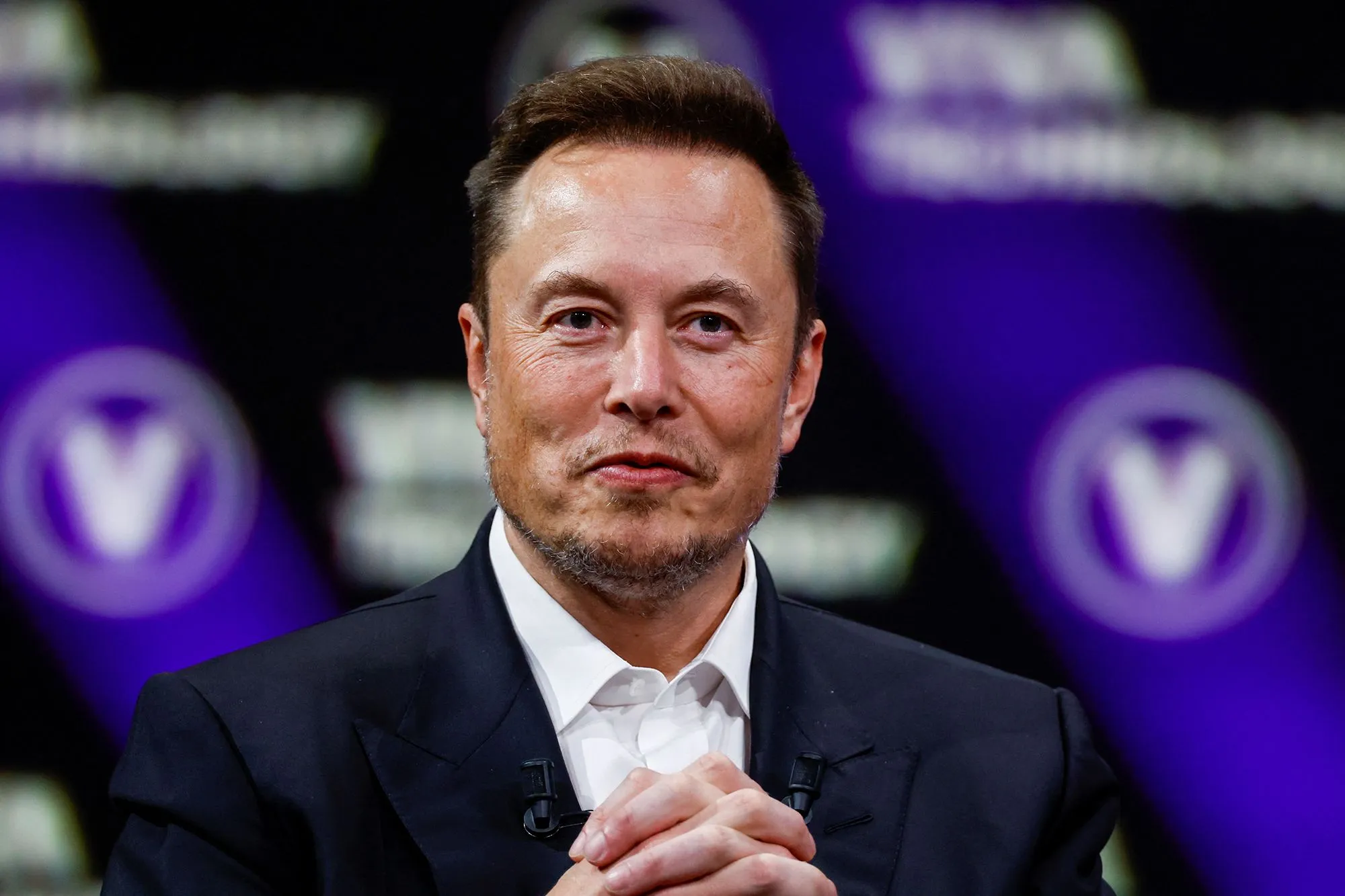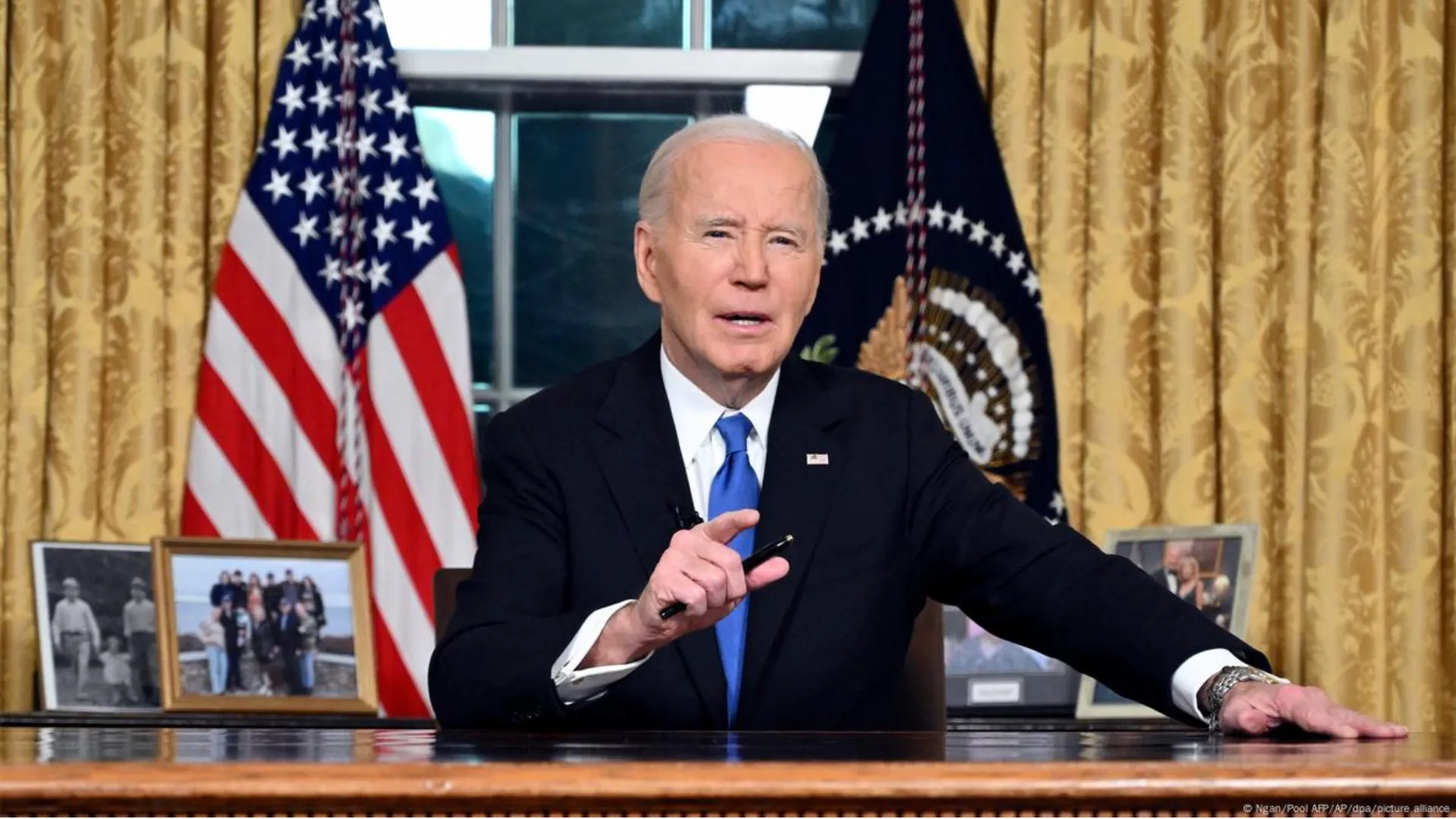The latest political storm brewing in Washington comes not from Capitol Hill or a war room—but from a series of heated social media exchanges between the Musk brothers and one of President Donald Trump’s top trade advisors, Peter Navarro.
It started with a jab and escalated into an all-out public brawl over tariffs, truth, and Tesla—with accusations of incompetence, personal attacks, and even a reference to a fictional character Navarro himself once admitted to inventing: Ron Vara, an anagram of his own name, used in past writings as a fake “expert” source.
In the latest exchange, Kimball Musk, the lesser-known but politically active younger brother of Tesla CEO Elon Musk, directly called on Trump to fire Navarro from his role as Senior Trade Advisor.
“@realDonaldTrump Mr President, if Peter Navarro has lied to you about Ron Vara, what else has he lied to you about?” Kimball Musk wrote in a fiery post on X, formerly Twitter. “Put America first and fire him!”
The message immediately ignited a media firestorm, fueling new questions about the White House’s trade strategy, the influence of the Musk family, and just how far politics has drifted into the digital fray.
At the heart of the feud is a fundamental disagreement over America’s trade philosophy.
Peter Navarro, a longtime economic nationalist and one of Trump’s most vocal defenders of protectionist tariffs, has argued that American companies rely too heavily on foreign parts and labor—an approach he says weakens national security and jobs.
Elon Musk, the billionaire CEO of Tesla, SpaceX, and X, has repeatedly argued the opposite: that global integration makes products more efficient, technology more accessible, and innovation more possible.

In recent weeks, tensions have escalated as the Trump administration unveiled a 25 percent tariff on imported vehicles, part of a sweeping new trade strategy targeting Europe, China, Japan, and South Korea.
While Navarro praised the move as “bold leadership,” Musk called it “backward economics that hurts American consumers.”
The war of words escalated quickly after Navarro criticized Tesla’s manufacturing process in a televised appearance, suggesting that Tesla “isn’t really a car manufacturer” but “a car assembler” that relies heavily on imported parts.
“Navarro is truly a moron. What he says here is demonstrably false,” Elon Musk posted to X, attaching a clip of Navarro’s comments.
“Navarro is dumber than a sack of bricks,” he added in a follow-up, leaving no doubt about his feelings toward the trade advisor.
In another jab, Musk referenced Navarro’s imaginary expert, saying, “Ask the fake expert he invented, Ron Vara. Maybe he can explain tariffs better.”
That name—Ron Vara—has a long and bizarre history. In multiple books published before his White House appointment, Navarro cited Ron Vara as a national security expert. Only later did he admit Vara was a fictional persona, used to voice his own anti-China views. The revelation, long forgotten by the public, resurfaced amid this week’s feud like an old ghost from the basement of policy wonkery.
While Elon is known for stirring headlines, it was Kimball Musk’s entry into the conflict that elevated it from a tech-world squabble to a political headline.
Kimball, a restauranteur and environmentalist with deep ties to venture philanthropy, has mostly stayed out of partisan politics. But his recent posts show growing frustration with the direction of U.S. trade policy—and with Navarro in particular.
“If Navarro is willing to lie to the public—and to the president—about something as bizarre as a fake expert, what else is he getting wrong behind closed doors?” Kimball wrote.

He went on to say, “America deserves policy based on facts, not fiction. Navarro doesn’t deserve a seat at the table, let alone a seat in the West Wing.”
The statement echoed across tech forums, political talk shows, and newsrooms—especially as speculation grows about the Musk family’s growing influence over the next chapter of the Trump administration.
In a brief statement, White House Press Secretary Karoline Leavitt tried to downplay the drama.
“This is simply a case of strong personalities and strong opinions. Boys will be boys,” she said in Tuesday’s briefing, prompting immediate criticism from commentators and Democratic lawmakers who called the remark “flippant and dismissive.”
But behind the scenes, sources say the White House is closely monitoring the situation, aware that the Musk family—particularly Elon—holds tremendous economic, technological, and cultural influence.
“Elon Musk may not be in government,” said one senior official, “but when he speaks, markets move, followers listen, and politicians take notes.”
The broader policy divide comes down to how the U.S. should engage in global trade.
Navarro has long argued that tariffs protect American industries, force foreign companies to relocate manufacturing to the U.S., and strengthen national security by reducing reliance on foreign supply chains.
He cites Tesla’s use of parts from China, Taiwan, and Japan as evidence that even the most innovative American companies are not truly “Made in America.”
“Elon Musk may be brilliant,” Navarro said during a recent appearance on Newsmax, “but when he calls for zero tariffs with Europe while sourcing key parts from Beijing, he’s either naïve—or strategically slippery.”
Musk, on the other hand, has long opposed tariffs, arguing that open trade leads to better innovation and lower prices for consumers. In 2021, he famously proposed a “zero-for-zero” tariff pact between the U.S. and Europe, which failed to gain traction in Washington.
“Tariffs are taxes, plain and simple,” Musk posted on X earlier this week. “They don’t punish other countries. They punish American families.”
Some analysts believe the Musk-Navarro spat is just a preview of deeper divisions within the Republican Party—and within Trump’s own circle.
On one side are economic nationalists, like Navarro and Steve Bannon, who want to rebuild America’s industrial base through aggressive trade policies.
On the other are market libertarians and technocrats, like Musk and members of the business elite, who believe America’s strength lies in global integration and technological dominance.
“This isn’t just about cars and tariffs,” said Dr. Lena Roach, a political economist at Stanford. “This is about who gets to shape the next Republican economic doctrine—Navarro’s industrial fortress, or Musk’s global tech utopia.”
As of Wednesday, Navarro has not publicly responded to the Musk brothers’ attacks, and there are no confirmed reports of his position being under review. However, White House insiders say Trump is aware of the dust-up and is “considering all voices” as he crafts trade messaging ahead of the 2026 midterms.
The saga has also reignited scrutiny of Navarro’s past controversies—including his use of Ron Vara, his clashes with other economists, and his sometimes apocalyptic rhetoric around China.

Meanwhile, Elon Musk has returned to more familiar ground, posting about AI, Starlink updates, and cryptic memes. But the shadow of the fight lingers.
In a final tweet late Tuesday, Musk wrote:
“What matters most is truth. Not narrative, not noise, not Navarro.”





